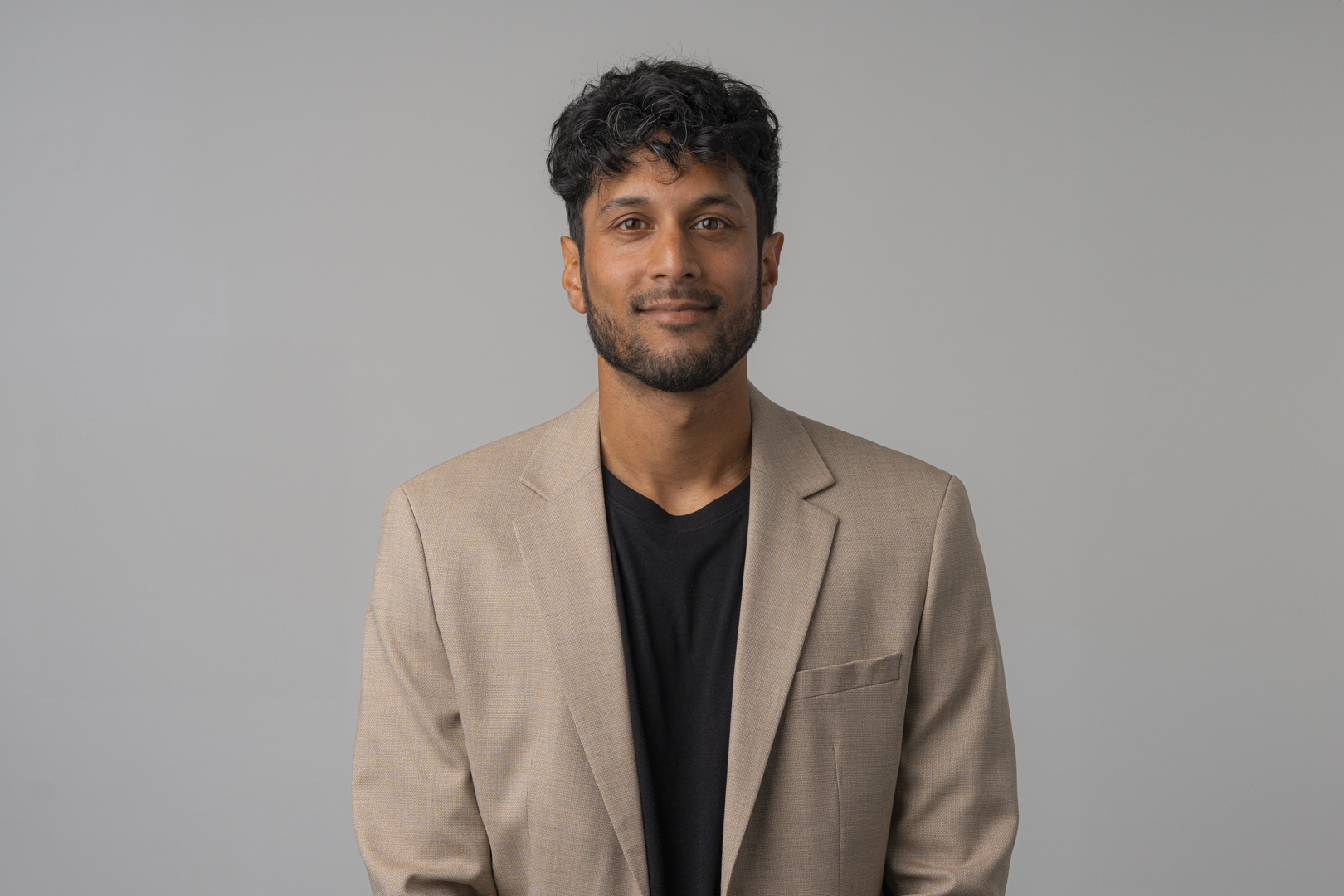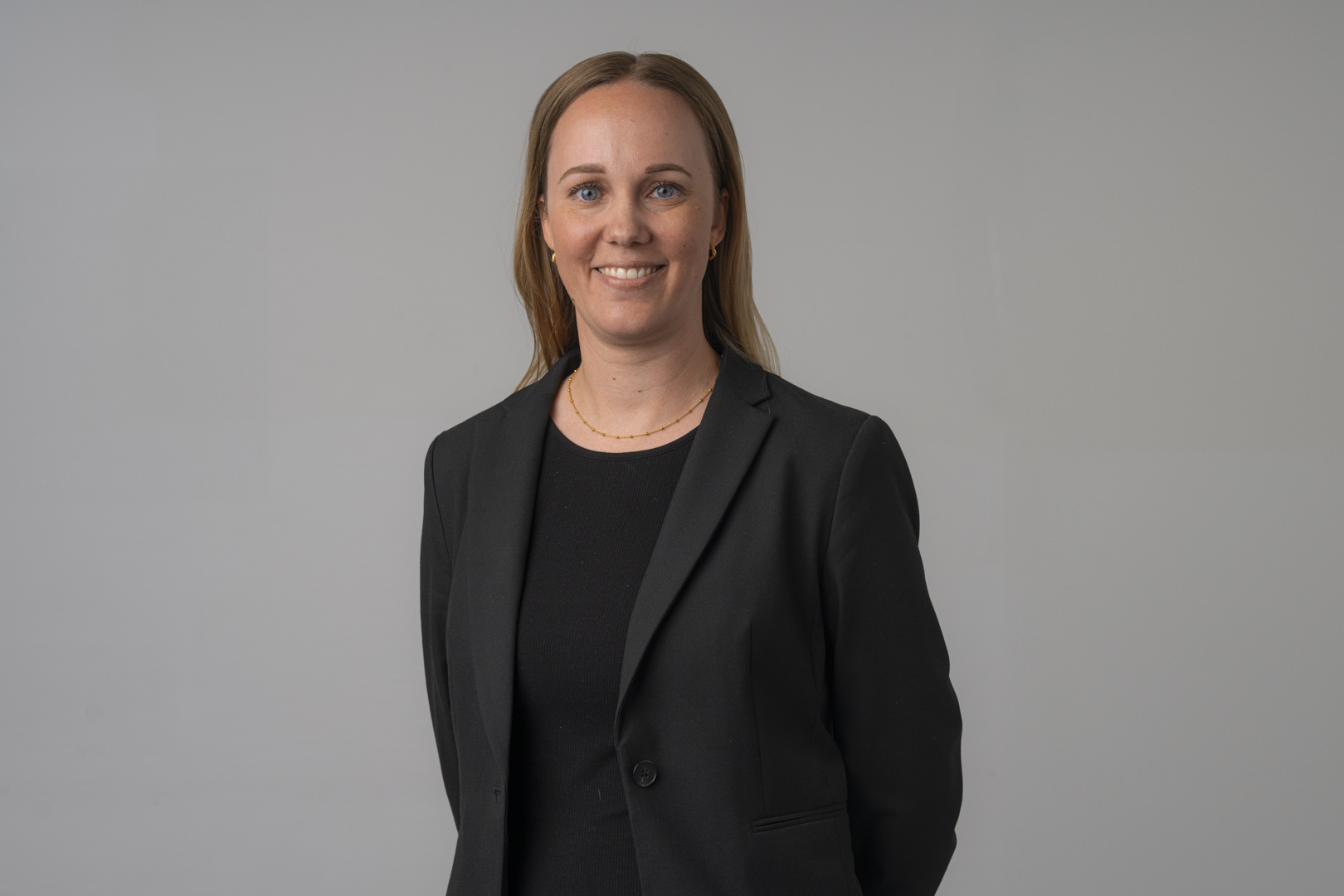Aarhus BSS gets two new Sapere Aude research leaders
Associate Professor of Political Science Suthan Krishnarajan and Senior Researcher Julie Werenberg Dreier from Aarhus BSS are two of this year’s Sapere Aude Starting Grant recipients. Their research examines how advertising can reinforce our democratic values and how epilepsy and febrile seizures may lead to the development of severe mental illnesses.


Sapere Aude means “dare to know”. The Sapere Aude: Starting Grant from the Independent Research Fund Denmark provides excellent, early-career researchers the opportunity to develop and strengthen their research ideas and start their own research groups. This year, Associate Professor of Political Science Suthan Krishnarajan and Senior Researcher Julie Werenberg Dreier from Aarhus BSS are among the recipients.
“It's a great honour for which I am immensely grateful,” Associate Professor of Political Science Suthan Krishnarajan says about receiving the grant. He continues:
“The grant enables me to hire talented researchers and form a dedicated research group for the project. It also provides the resources to conduct large-scale, resource-intensive experiments across several countries. I am incredibly excited to begin this journey.”
Suthan Krishnarajan will receive DKK 6.2 million for his project “Advertising Democracy”, which deals with how advertising can strengthen citizens' democratic values.
About his project, Suthan Krishnarajan writes:
“Politicians often violate democratic rules and norms in Western democracies without facing electoral consequences [...] The AdDem project seeks to reinforce citizens’ democratic values through a medium that demands minimal time and focus from individuals: democracy advertising – that is, traditional advertising campaigns that, instead of selling a product, try to promote democratic values.
The project systematically creates a set of democracy advertisements using artificial intelligence and tests in a series of experiments in six countries – the United States, Israel, Germany, Denmark, Estonia and Poland – whether democracy advertising can reinforce citizens' democratic values and, if so, how we can design such advertisements most effectively.”
Consequences of epilepsy and febrile seizures
Senior researcher Julie Werenberg Dreier from the National Centre for Register-based Research at Aarhus BSS has also received DKK 6.2 million for her project “Impact of Childhood Epilepsy and Other Seizure Disorders on Brain Health – The Epi-Impact Project”.
Her project investigates how epilepsy and febrile seizures in children may lead to the development of serious mental illnesses later in life. Julie Werenberg Dreier uses data from Denmark's large nationwide registers, combined with genetic data and data from schools.
“I am truly grateful for this Sapere-Aude grant for my project. I am very excited to get started on the project and to establish a solid knowledge base for the benefit of the millions of families worldwide, who live with the consequences of epilepsy and febrile seizures every day,” says Julie Werenberg Dreier.
She describes her project as follows:
“Children with epilepsy are more likely than other children to develop mental disorders, such as autism, ADHD and depression, and our most recent research suggests that this is also true for some children who suffer febrile seizures. However, severe mental disorders such as these are probably only the ‘tip of the iceberg’, and we still lack knowledge about how epilepsy and febrile seizures affect brain development in a broader sense. […]
In the Epi-Impact project, we will conduct comprehensive analyses of how epilepsy and febrile seizures affect various aspects of brain development throughout childhood, including cognitive abilities, learning, behaviour and mental health, and we will explore how genetic variants contribute to these correlations at population level.”
Further information
In total, 336 scientists have applied for a Sapere Aude: Starting Grant, but only 38 researchers made it through the loophole and were awarded the grant. To get this far, the research projects have been through a thorough assessment process that begins with a preliminary assessment by international panels, then assessment by the fund's academic research council and finally an interview conducted by an inter-council committee from the fund.
Finally, the 38 new Sapere Aude: Starting Grant recipients were selected, and they have each received around DKK 6 million to carry out their research project.